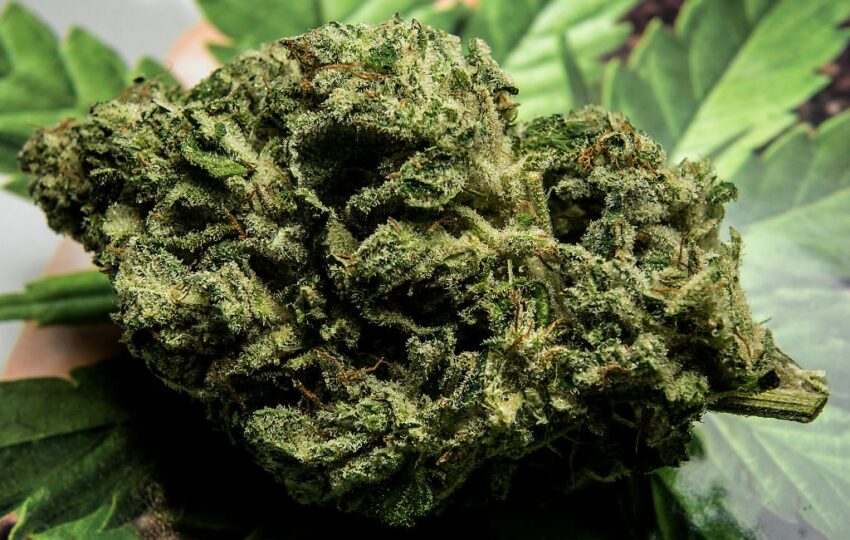In recent years, the conversation around marijuana has shifted dramatically. Once viewed primarily as a recreational substance, it is now being recognized for its potential contributions to wellness. This article explores the marijuana benefits can enhance well-being, supported by research, examples, and statistics.
The Science Behind Marijuana and Wellness
Marijuana contains compounds known as cannabinoids, with the most notable being THC (tetrahydrocannabinol) and CBD (cannabidiol). These compounds interact with the body’s endocannabinoid system, which plays a role in regulating mood, pain, appetite, and other physiological processes.
THC and Its Effects
THC is the psychoactive component of marijuana, responsible for the “high” sensation. Beyond recreational use, THC has been found to offer several therapeutic benefits:
- Pain Relief: THC can help alleviate chronic pain, making it a potential alternative to opioids.
- Appetite Stimulation: Often used in medical settings to help patients with appetite loss, particularly those undergoing chemotherapy.
- Muscle Relaxation: Beneficial for individuals with conditions like multiple sclerosis.
CBD and Its Therapeutic Potential
Unlike THC, CBD does not produce a high. It has gained popularity for its potential to address various health issues:
- Anxiety Reduction: Studies suggest CBD can help reduce anxiety and stress.
- Anti-inflammatory Properties: Useful in managing conditions like arthritis.
- Seizure Control: Approved by the FDA for treating certain types of epilepsy.
Case Studies and Research
Numerous studies have highlighted the potential benefits of marijuana for wellness. A study published in the Journal of Pain found that patients using cannabis reported a 64% reduction in opioid use. Another research piece in the Journal of Psychopharmacology indicated that CBD could significantly reduce anxiety in individuals with social anxiety disorder.
Real-world Examples
Consider the case of Charlotte Figi, a young girl with Dravet syndrome, a severe form of epilepsy. Her condition improved dramatically with the use of CBD oil, leading to a reduction in seizures from 300 a week to just a few per month. This case brought significant attention to the potential of CBD in treating epilepsy.
Marijuana in Mental Health
Mental health is a critical component of overall wellness, and marijuana has shown promise in this area. Research suggests that cannabinoids can help manage symptoms of PTSD, depression, and anxiety.
PTSD and Marijuana
Veterans and others suffering from PTSD have reported improvements in symptoms with marijuana use. A study in the Journal of Psychoactive Drugs found that cannabis users experienced a 75% reduction in PTSD symptoms.
Depression and Anxiety
While more research is needed, preliminary studies indicate that marijuana, particularly CBD, may help alleviate symptoms of depression and anxiety. This is attributed to its interaction with serotonin receptors in the brain.
Challenges and Considerations
Despite its potential, marijuana is not without challenges. Legal status varies widely, and there are concerns about dependency and mental health effects, particularly with high-THC strains. It’s crucial for individuals to consult healthcare professionals before using marijuana for wellness purposes.
Legal Landscape
The legal status of marijuana varies by region, affecting accessibility and research opportunities. In some areas, it is fully legal, while in others, it remains prohibited or restricted to medical use.
Potential Risks
While marijuana can offer benefits, it may also pose risks, such as impaired cognitive function and potential dependency. It’s important for users to be aware of these risks and use marijuana responsibly.
Conclusion
Marijuana holds significant potential for enhancing wellness, offering benefits for pain management, mental health, and more. While challenges remain, ongoing research and changing perceptions continue to highlight its therapeutic possibilities. As understanding grows, marijuana may become an increasingly valuable tool in the pursuit of well-being.
